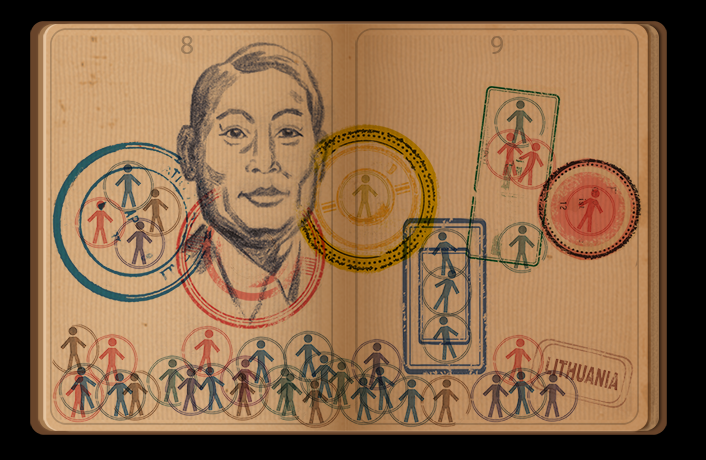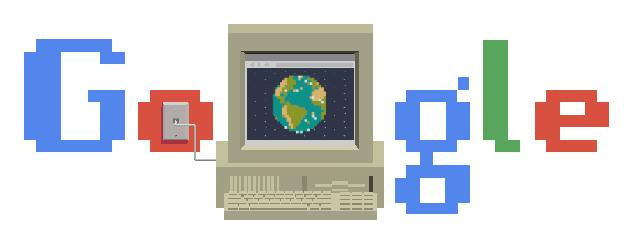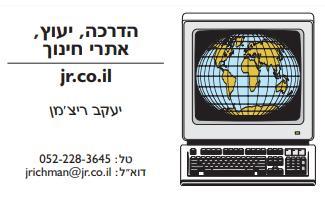Cool Google Doodles
2019
September 1 - First Day of School in Israel

July 29, 2019 - Celebrating Chiune Sugihara

|
"There was no other way," said Japanese diplomat Chiune Sugihara, who was stationed in Lithuania shortly before the outbreak of World War II. On this day in 1940, Sugihara began issuing transit visas to thousands of Jewish refugees, defying direct orders from his supervisors to help the refugees escape via Japan. "I told the Ministry of Foreign Affairs it was a matter of humanity," he recalled years later. "I did not care if I lost my job." Soon after Jewish families began lining up outside his official residence, pleading for documents to allow them safe passage via Japan to the Dutch island of Curacao, he sent three messages to Tokyo requesting permission, all of which was forcefully rejected. "Absolutely not to be issued any traveler not holding firm end visa with guaranteed departure ex Japan," read the cable from the foreign ministry. "No exceptions." After much soul-searching, Sugihara threw caution to the winds, writing thousands of visas night and day until "my fingers were calloused and every joint from my wrist to my shoulder ached." His wife supported his risky decision, massaging his tired hands each night so he could keep going until the last minutes of his train leaving Lithuania, handing out visas to Jews at the platform. Upon returning to Japan, Sugihara paid the price for disobeying orders. His promising foreign service career came to an end, and he struggled to support his family. He received little recognition for his sacrifice until one of the people he saved, now an Israeli diplomat, managed to find him in 1968. A tree was planted in his honor at the Holocaust Memorial in Jerusalem, and Chiune Sugihara was declared "Righteous Among Nations." Memorials in Lithuania and Yaotsu, Japan pay tribute to Sugihara and his heroic endeavors that saved untold thousands of lives. |
Israel Honors 'Japanese Schindler' By Naming a Street After Him
Chiune Sugihara - Righteous Among the Nations
Escaping Lithuania With The Help of Chiune Sugihara
Persona Non Grata (movie about Sugihara Chiune)
Click here for July 30, 2019 article about Chiune Sugihara
June 18, 2019 - Celebrating Falafel

Nissim Grama - and We have Falafel (Hebrew)
The Sabras - Falafel (Hebrew)
MIT Techiya - Shir Hafalafel - The Falafel Song (English)
May 9, 2019 - Israel Independence Day

April 9, 2019 - Israel Elections

March 12, 2019 - 30th Anniversary of the World Wide Web

My business card logo was created in 1994
It is similar to the Google doodle.


I gave the first lectures about Internet in Israel in 1994.
Flyer for my Internet lecture at the Dan Panaroma
December 15, 1994
My 1994 English / Hebrew Internet reference card
Please Click on an Icon and Share this Page Thank You!! |

|

|

|
 |
 |
Cool Google Doodle Archives
2021 2020 2019 2018 2017 2016 2015
2014 2013 2012 2011 2010 2009
2007-2008 2005-2006 2004-2004 1998-2002
 My Facebook Album of Cool Google Doodles
My Facebook Album of Cool Google Doodles

 Return to JR Topics
Return to JR Topics

Return to JR Home